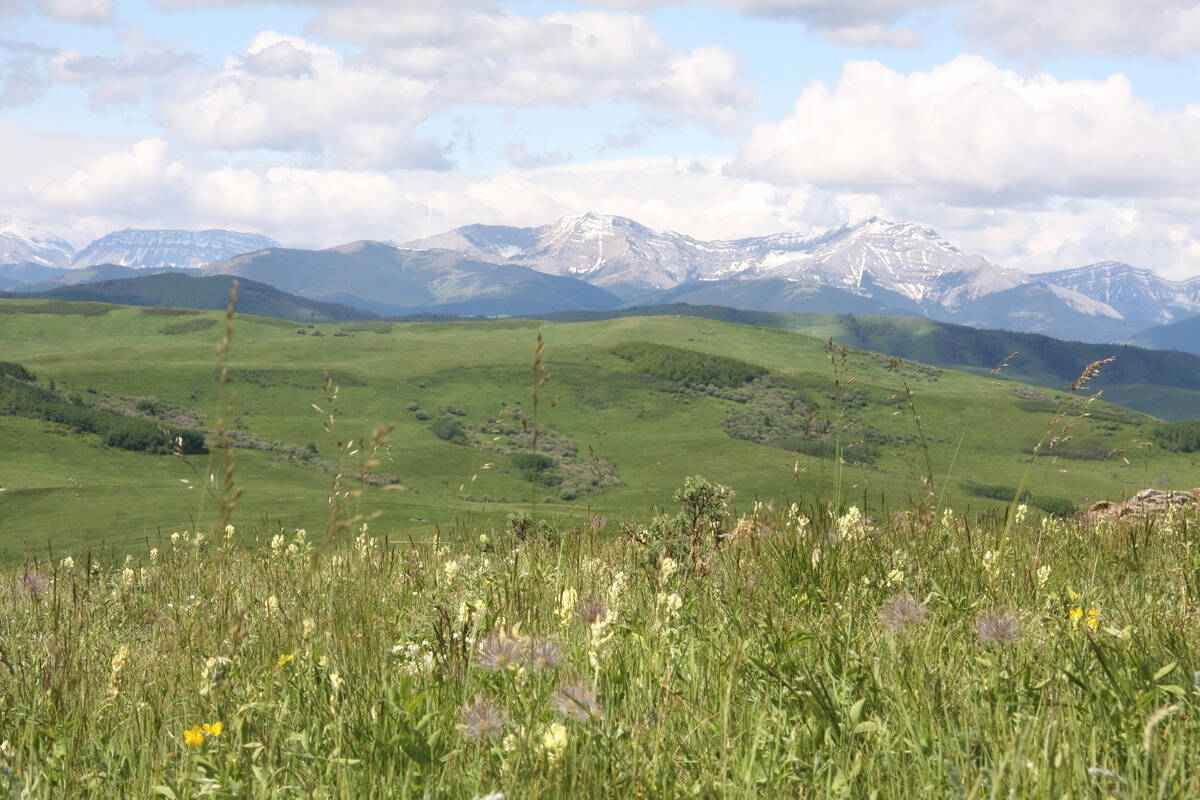BRUSSELS, Belgium (Reuters) — European politicians advised last week that the herbicide glyphosate should be approved for only another seven years, rather than the 15 proposed by the European Unon executive, and should not be used by the general public.
Environmental campaigners have demanded a ban on glyph-osate, which is used in products such as Monsanto’s Roundup, on the grounds it can cause cancer, though scientists disagree on whether there is a link.
The European Commission has proposed glyphosate be ap-proved for 15 years when an existing licence expires at the end of June.
Read Also

Selenium not deal breaker in coal mining: expert
Environmental scientist weighs in on coal mining debates in Western Canada, explaining selenium and the technologies and practices to lower its concentrations in nearby waterways to coal mining operations
Last week’s European Parliament motion supported renewal for seven years and urged a ban on non-professional use, as well as in and around public parks and playgrounds.
Angelique Delahaye, a French member of the European People’s Party, the main centre-right group in the parliament, said many people were concerned but farmers needed glyphosate.
“The agricultural sector depends highly on it and it is absolutely necessary to find solutions to replace it before totally forbidding it,” she said.
The European Food Safety Authority, which advises EU policymakers, issued an opinion in November that glyphosate was unlikely to cause cancer when used as outlined.
But the World Health Organization’s International Agency for Research on Cancer (IARC) has classified glyphosate as “probably carcinogenic to humans” based on laboratory studies, rather than real world conditions.














